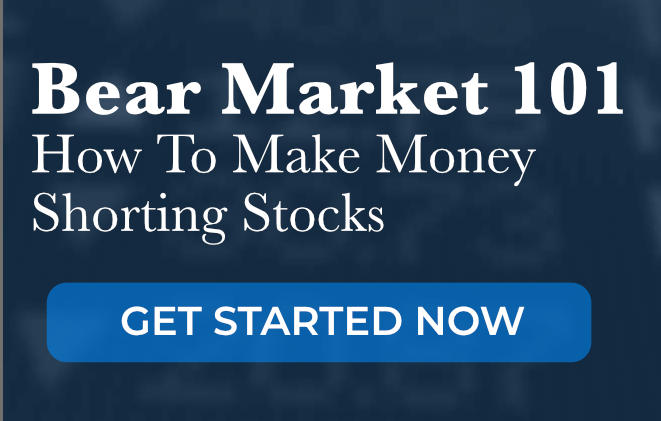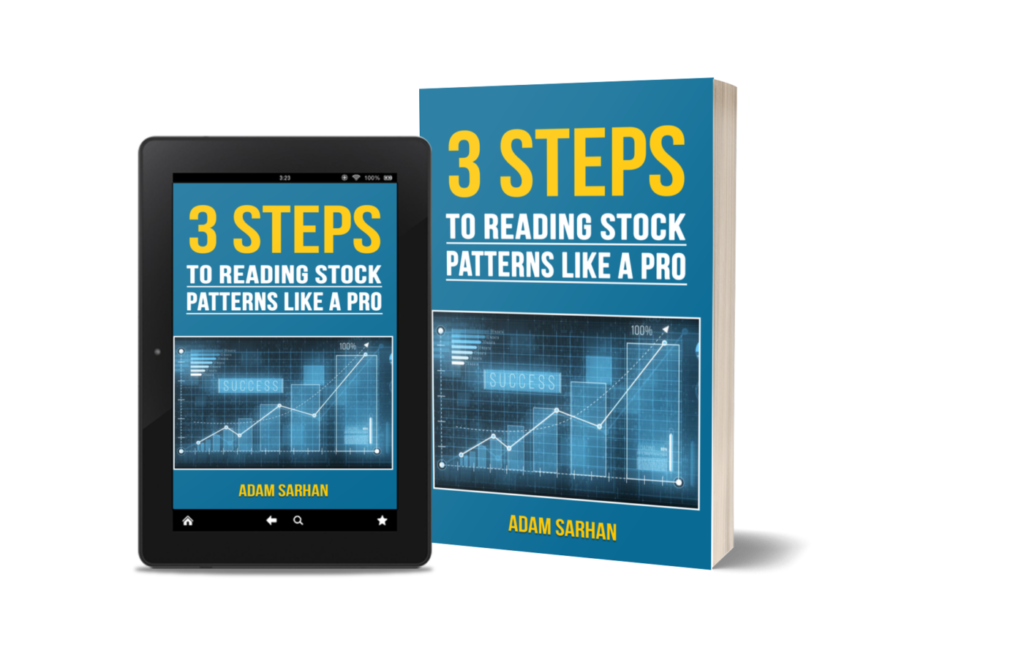How Traders and Investors Overcome Fear and Greed
Just two characteristics separate you from the wealthiest people on Wall Street: effort, and emotional discipline.
The former is straightforward. The latter is not.
The greatest investors and traders in the world are impressive, but they’re not all rocket scientists. They possess no inimitable genius, no ability to “see” what’s invisible to the rest of us. What distinguishes them, almost uniformly, is their ability to trade with cool heads according to logical rules.
Most of us, meanwhile, fall victim to the two dominant emotions in markets: fear and greed. When we’re excited about stocks going up we buy, and when we fear them dropping we sell. The result, usually, is buying high and selling low.
How can we learn to overcome these psychological traps?
For Traders
Traders and investors both lose money due to fear and greed. The difference is that traders can lose much more money, a whole lot faster.
And those losses land straight in the hands of those who know better. Jack Schwager, author of some of the most influential books in the field, explains just how simple this wealth transfer can be:
One of my favorite patterns is the tendency for the markets to move from relative lows to relative highs and vice versa every two to four days. This pattern is a function of human behavior. It takes several days of a market rallying before it looks really good. That’s when everyone wants to buy it, and that’s the time when the professionals, like myself, are selling. Conversely, when the market has been down for a few days, and everyone is bearish, that’s the time I like to be buying.
Traders who buy and sell with the winds hand their money almost directly to traders who don’t.
How do you become the latter instead of the former? The first step is to be aware of your own bad instincts.
“If instead of saying, “I’m going to do this trade,” you say, “I’m going to watch myself do this trade,” all of a sudden you find that the process is a lot easier.”
For Investors
In “The Intelligent Investor,” Ben Graham proposes a hypothetical: you own a $1,000 share in a company, and every day a partner named “Mr. Market” tells you whether he thinks your share has risen or fallen in value. Sometimes his ideas seem to make sense.
Often, on the other hand, Mr. Market lets his enthusiasm or his fears run away with him, and the value he proposes seems to you a little short of silly.
What is the most sensible way to deal with such a partner?
Most people sell when Mr. Market says their stock is in jeopardy and buy on days when he’s more positive. According to Graham, the best course is the exact opposite.
[W]ill you let Mr. Market’s daily communication determine your view of the value of a $1,000 interest in the enterprise? Only in case you agree with him, or in case you want to trade with him. You may be happy to sell out to him when he quotes you a ridiculously high price, and equally happy to buy from him when his price is low. But the rest of the time you will be wiser to form your own ideas of the value of your holdings[.]
Instead of succumbing to it themselves, investors who understand the inherent value of their holdings can profit off of other people’s fear and greed.
And that, ultimately, is the key: forming your own opinions, spending your money according to your own plan, only following the market’s whims when it suits you.
Developing emotional discipline is very difficult–much easier said than done. But it is, in any scenario, an absolute prerequisite to becoming the kind of investor, or the kind of trader who makes the market work for them, rather than the other way around.
“Knowledge is power. The stock market is nothing if not opportunity but in order to navigate its waters you must arm yourself with information. Sign up for Alpha Alerts and get four premium stock picks every month. Take the guess work out of investing and allow us to do the heavy lifting. We are so confident in our service we will let you try it FREE for 30 days! Sign up now.”
Photo by Patrick Weissenberger on Unsplash






